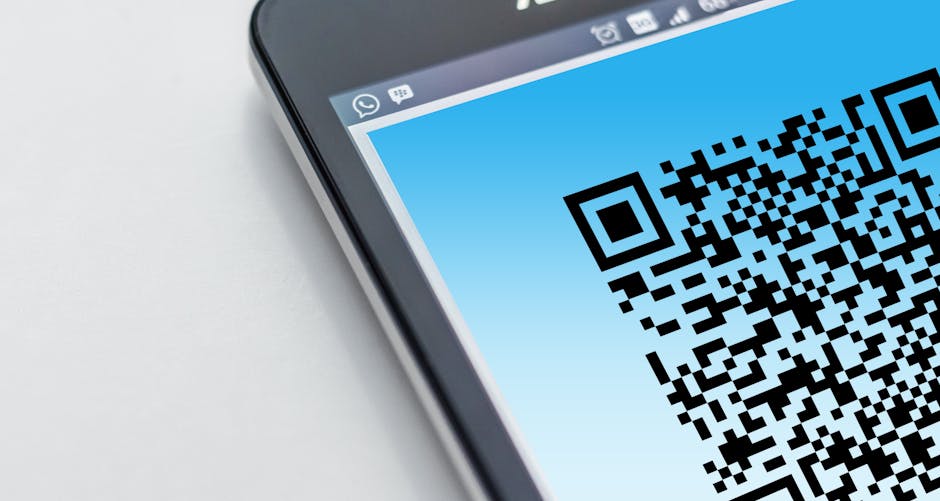
Financial expert Martin Lewis has issued a security alert urging all mobile phone users to retrieve their device’s IMEI number by dialing a simple 5-digit code. This measure, aimed at mitigating theft risks, is particularly relevant for iPhone, Samsung, and Google device owners. The advice comes ahead of anticipated price hikes in mobile contracts, adding urgency for users to review their security and billing arrangements.
Why Retrieving Your IMEI Matters
The International Mobile Equipment Identity (IMEI) number is a unique identifier for every mobile device. If a phone is stolen, this number can be used to block the device from accessing networks, rendering it unusable for thieves. Lewis recommends dialing *#06# to display the IMEI, then taking a screenshot and emailing it to yourself for secure storage. This simple step ensures you have the necessary information to report a stolen device promptly, preventing unauthorized access to banking apps or resale on secondary markets.
According to reports from Leeds Live and Kent Live, this advice has gained traction among security-conscious users. The IMEI can also be found in device settings, but the dialer code provides a quick alternative, especially useful if the phone is lost or stolen.
Additional Cost-Saving Measure: Checking Contract Status
Beyond security, Lewis highlights another 5-digit code for financial savings. Texting “INFO” to 85075 (a free service) checks whether a user’s mobile contract has expired. This is critical as older contracts may be subject to inflation-linked price increases in April 2025. Over 14 million users are estimated to be overpaying due to outdated contracts, according to the Birmingham Mail.
Comparison sites often offer better deals than direct provider quotes, making it worthwhile for users to verify their contract status. The Express notes that this service is particularly useful for those unaware of their contract end dates.
Relevance to Security Professionals
For security teams, the IMEI retrieval process serves as a low-cost, high-impact security measure. While not a substitute for advanced device management solutions, it empowers end-users to take proactive steps against theft. Organizations with BYOD (Bring Your Own Device) policies may consider incorporating IMEI documentation into their device registration processes.
Additionally, the contract-checking service underscores the importance of verifying third-party services for security compliance. Users should ensure they are interacting with legitimate shortcodes to avoid phishing attempts.
Conclusion
Martin Lewis’ dual advice—retrieving IMEI numbers and checking contract status—addresses both security and financial concerns for mobile users. These simple steps can significantly reduce risks associated with device theft and unnecessary expenses. Security teams may find value in promoting these practices as part of broader awareness campaigns.
References
- “Martin Lewis urges anyone with a mobile phone to dial strange number for security,” Leeds Live, Mar. 14, 2025.
- “Martin Lewis warns everyone with a mobile phone to call strange number,” Kent Live, Mar. 15, 2025.
- “Martin Lewis mobile phone security tip,” Leicestershire Live (Facebook), Mar. 14, 2025.
- “Martin Lewis urges mobile users to call strange number for security,” Daily Mail, Apr. 15, 2024.
- “Martin Lewis urges 14 million mobile users to text 5-digit number,” Birmingham Mail, Mar. 20, 2025.
- “Martin Lewis urges all mobile users to text 5-digit number,” Express, Mar. 19, 2025.





